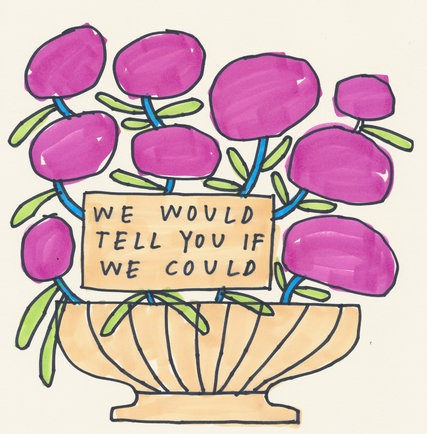The Science of Compassion - NYTimes.com
Jared Sperli stashed this in kindness
Stashed in: Interconnectedness!, Karma, Joo, Science!, #kindness, Religion, Awesome, Compassion, @dalailama, Philosophy, Science, Buddha's Brain, The Internet is my religion., Morals
For Adam! Go Kindness and Karma!
As a social psychologist interested in the emotions, I long wondered whether this spiritual understanding of compassion was also scientifically accurate. Empirically speaking, does the experience of compassion toward one person measurably affect our actions and attitudes toward other people? If so, are there practical steps we can take to further cultivate this feeling? Recently, my colleagues and I conducted experiments that answered yes to both questions.
Compassion is the one thing every great religion has in common:
ALL the major religions place great importance on compassion. Whether it’s the parable of the good Samaritan in Christianity, Judaism’s “13 attributes of compassion” or the Buddha’s statement that “loving kindness and compassion is all of our practice,” empathy with the suffering of others is seen as a special virtue that has the power to change the world. This idea is often articulated by the Dalai Lama, who argues that individual experiences of compassion radiate outward and increase harmony for all.
Thank you for this article, Jared.
It affirms that "the experience of compassion toward a single individual does shape our actions toward others":
What these results suggest is that the compassion we feel for others is not solely a function of what befalls them: if our minds draw an association between a victim and ourselves — even a relatively trivial one — the compassion we feel for his or her suffering is amplified greatly.
What does this mean for cultivating compassion in society? It means that effortful adherence to religious or philosophical dictums (often requiring meditation, prayer or moral education), though clearly valuable and capable of producing results, is not the only way to go. There is nothing special about tapping in synchrony; any such commonality will do. Increased compassion for one’s neighbor, for instance, can come from something as easy as encouraging yourself to think of him as (say) a fan of the same local restaurant instead of as a member of a different ethnicity.
Simply learning to mentally recategorize one another in terms of commonalities would generate greater empathy among all of us — and foster social harmony in a fairly effortless way.
Look for what's in common. We are all connected.











9:36 PM Jul 15 2012